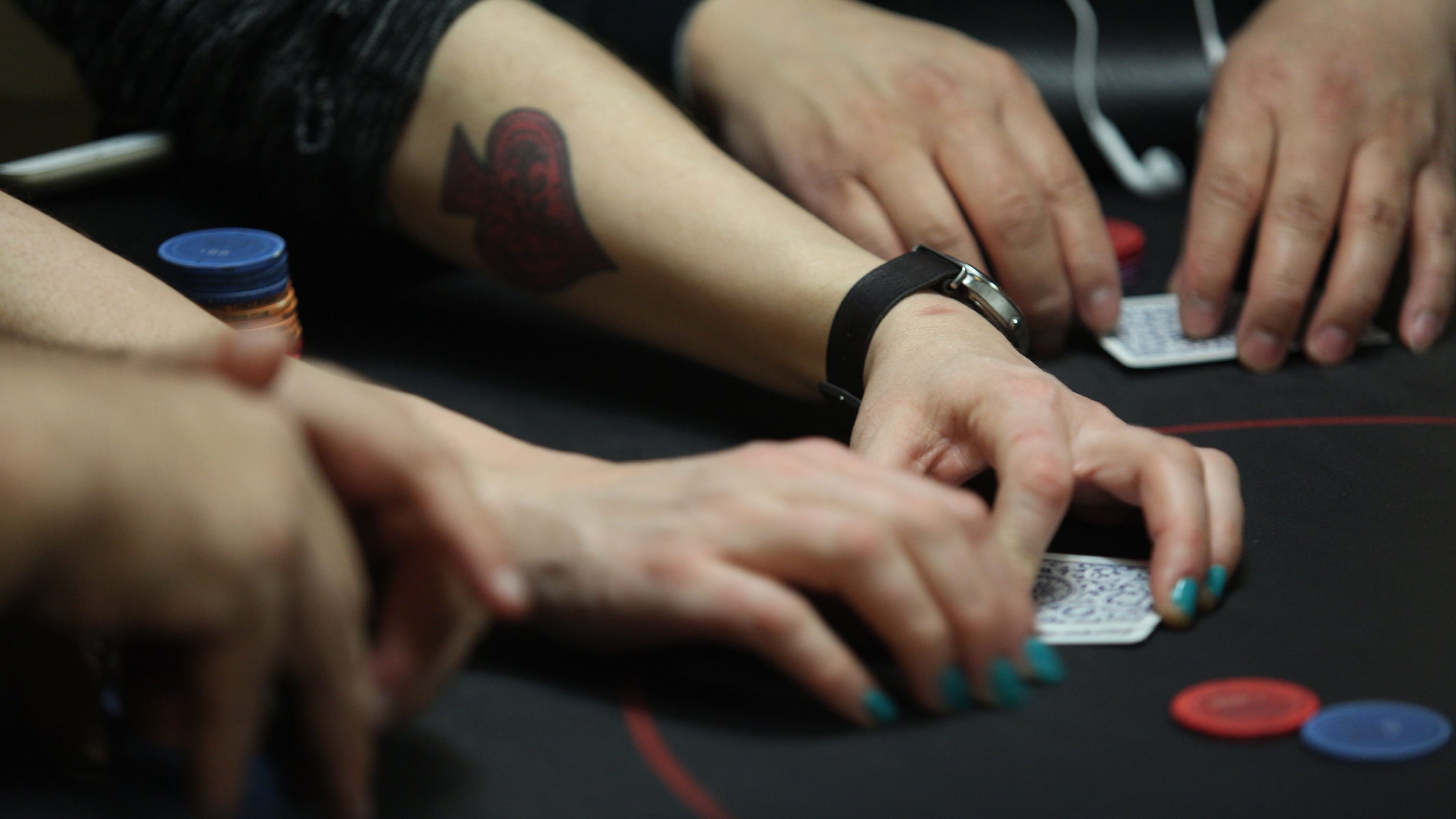The Oregon Lottery has issued a declaratory ruling that found that Oregon Racing, Inc. is operating a poker room at Portland Meadows racetrack in violation of state gambling laws.
"The onsite poker games constitute illegal gambling," wrote Oregon Lottery Director Barry Pack in a May 21 ruling.
Poker in Portland exists in the same kind of conflicting regulatory environment that afflicts cannabis.
Oregon says weed is legal; the feds say it is not. Similarly, the city of Portland, which licenses social gaming operations such as poker rooms, is okay with the large game at Portland Meadows, but state lottery officials say the game is illegal.
The issue isn't new. As WW reported in a cover story last year, city and state officials have struggled with how to police the popular card game.
Related: Portland's Poker Rooms Are Licensed by the City, Wildly Popular—and Too Illegal to Last.
Last year, lottery officials sent Oregon State Police investigators into Portland Meadows, where they documented the poker game's organizers charging admission and acting as a bank for players, by exchanging chips for money. Those and other actions led the lottery to move toward revoking Portland Meadows' contract for video lottery terminals.
They decided to do so in June because lottery rules require that retailers—Portland Meadows, in this case—comply with all state laws.
That's a big deal: There are 10 terminals at the track, more than any other location in the state. In 2016, the terminals brought in $1.83 million in revenue, of which Portland Meadows kept $350,000 in commissions.
Portland Meadows sought a reconsideration of the lottery's decision to yank its terminals and in March, Pack held a hearing on the matter. His final decision was unchanged from the lottery's position last June—he says that the door charge players pay to enter the poker room is prohibited "house income" and the act of exchanging cash for poker chips means Portland Meadows is serving as a bank.
Portland Meadows disagrees with the decision, says Will Rasmussen, an attorney for the company, and will now argue that disagreement in front of the Oregon Court of Appeals.
